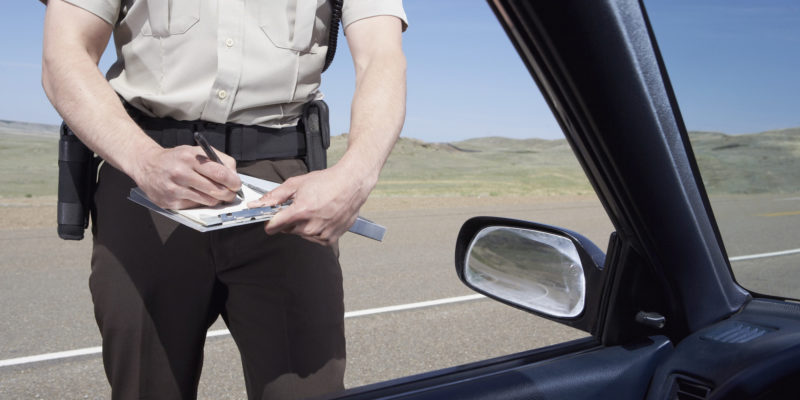Current state statutory schemes nationwide provide that when a police officer stops a driver on suspicion of drunk driving and the driver either fails to pass or refuses to take the requisite chemical test to determine the driver’s blood alcohol content, the officer will seize the driver’s license, immediately suspending driving privileges. The driver’s license suspension is temporary, and drivers may apply for a restricted license for employment purposes. The driver also may request an administrative hearing to determine whether the officer had probable cause to detain the driver and conduct the chemical test. At the same time that the license is suspended, the driver is usually arrested pursuant to a separate statute and charged with DWI.
New York, above and beyond criminal sanctions of fines and imprisonment for DWI offenses, also suspends or revokes an offender’s driver’s license for a DWI conviction. In New York, a driver is considered intoxicated if their BAC registers .08 or greater. The driver’s license of a DWI suspect whose blood alcohol content is .08 or greater is suspended at the time of arraignment while the criminal prosecution for DWI is pending. This means that the driver loses some, and possibly all, of their driving privileges merely by being charged with DWI.
New York also has a mandatory implied consent provision. This means that any individual who operates a motor vehicle in the state, or has a license in the state where a DWI arrest occurs, implicitly consents to participation in a chemical test if probable cause exists to believe that they are operating a motor vehicle under the influence of alcohol or drugs. Those who refuse a chemical test in New York will have their driver’s license suspended at arraignment and the license may be revoked for at least one year at a Department of Motor Vehicles hearing. A refusal of a breathalyzer test in New York results in a license suspension, even if the individual is later deemed innocent of the DWI charge. An individual has the opportunity to appeal a license suspension for failure or refusal of a chemical test in New York.
An individual arrested in New York must be given a hearing within fifteen days of arrest to appeal the license suspension for refusal of a chemical test. In New York, the issues on appeal of a license suspension are limited to whether probable cause existed for the DWI charge, whether the police lawfully arrested the driver, whether the driver was informed of the consequences of the failure or refusal of a chemical test “in clear unequivocal language,” and whether the driver in fact refused to take the required chemical test offered by the police officer. The State of New York also imposes a civil fine of between $200 and $500 upon any individual whose driving privileges are suspended or revoked according to this law.
In New York, V.T.L. § 1193 (2)(e), called the Prompt Suspension Law, mandates a driver’s license suspension pending a DWI prosecution when the defendant is charged with DWI and is alleged to have had a BAC of .08 or more at the time of their arrest.
In the case of Pringle v. Wolfe, the court considered the constitutionality of this law. The court held that for a DWI license suspension to be lawful there must be a finding that there exists reasonable cause to believe that the defendant was actually operating the motor vehicle with a BAC of .08 or more as shown by a chemical test of blood, breath, urine or saliva. According to Pringle, the court must be in possession of a properly certified chemical test result in order to suspend a driver’s license pursuant to this law. The court is also required to hold a “Pringle Hearing” before the conclusion of the proceedings requirement for arraignment and before the license may be suspended at which time the defendant may rebut the court’s findings.
The attorneys at the law firm of Nave DWI Defense Attorneys are experienced in handling DWI cases. If you need a lawyer who can help you obtain the best possible outcome in your DWI case, call the law firm of Nave DWI Defense Attorneys.
The exclusive purpose of this article is educational and it is not intended as either legal advice or a general solution to any specific legal problem. Corporate offices for Nave DWI Defense Attorneys are located at 432 N. Franklin Street, Suite 80, Syracuse, NY 13204; Telephone No.: 1-866-792-7800. Prior results do not guarantee a similar outcome. Attorney Advertising.





